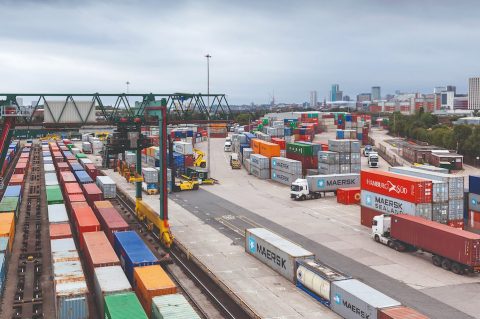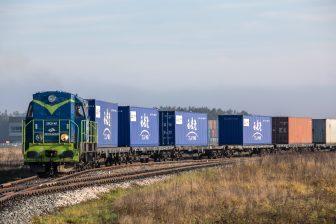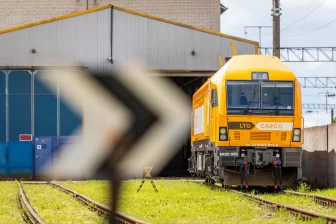
UK report offers new appraisal of rail
Freight terminal UK image (RDG)
New research shows rail freight is levelling up Britain’s economy and cutting emissions across the country. The Value of Rail Freight report, from the Rail Delivery Group, says total economic and social benefits of rail freight are valued at 2.5 nillion British pounds (2.78 billion euros) every year. The areas benefiting most include Yorkshire in the north of England, Scotland and Wales.
Do you want to read the full article?
Thank you for visiting RailFreight.com. Become a member of RailFreight Premium and get full access to all our premium content.
Are you already a member?
Having problems logging in? Call +31(0)10 280 1000 or send an email to customerdesk@promedia.nl.




